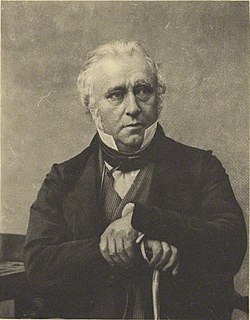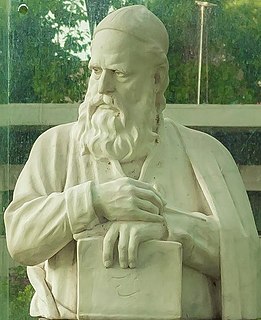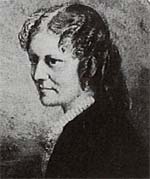A Quote by Algernon Sidney
Many things are unknown to the wisest, and the best men can never wholly divest themselves of passions and affections... nothing can or ought to be permanent but that which is perfect.
Related Quotes
Since holiness is the main thing that excites, draws, and governs all gracious affections, it is no wonder that all such affections tend to holiness. That which men love, they desire to have and to be united to, and possessed of. That beauty which men delight in, they desire to be adorned with. Those acts which men delight in, they necessarily incline to do.
There are many things which swallow up men's thoughts while they live, which they will think little of when they are dying. Hundreds are wholly absorbed in political schemes and seem to care for nothing but the advancement of their own party. Myriads are buried in business and money matters and seem to neglect everything else but this world.
If men will permit themselves to think, as rational beings ought to think, nothing can appear more ridiculous and absurd, exclusive of all moral reflections, than to be at the expence of building navies, filling them with men, and then hauling them into the ocean, to try which can sink each other fastester. Peace, which costs nothing, is attended with infintely more advantage than any victory with all its expence. But this, though it best answers the purpose of Nations, does not that of Court Governments, whose habited policy is pretence for taxation, places, and offices.
Some have said that it is not the business of private men to meddle with government--a bold and dishonest saying, which is fit to come from no mouth but that of a tyrant or a slave. To say that private men have nothing to do with government is to say that private men have nothing to do with their own happiness or misery; that people ought not to concern themselves whether they be naked or clothed, fed or starved, deceived or instructed, protected or destroyed.
What actions are the most excellent? Those, certainly, which most powerfully appeal to the great primary human affections: to those elementary feelings which subsist permanently in the race, and which are independent of time. These feelings are permanent and the same; that which interests them is permanent and the same also.
By the help of God and with His precious assistance, I say that Algebra is a scientific art. The objects with which it deals are absolute numbers and measurable quantities which, though themselves unknown, are related to "things" which are known, whereby the determination of the unknown quantities is possible.
It is difficult to say which is the greatest evil--to have too violent passions, or to be wholly devoid of them. Controlled with firmness, guided by discretion, and hallowed by the imagination, the passions are the vivifiers and quickeners of our being. Without passion there can be no energy of character. Indeed, the passions are like fire, useful in a thousand ways, and dangerous only in one--through their excess.
Every one in the world ought to do the things for which he is specially adapted. It is the part of wisdom to recognize what each one of us is best fitted for, and it is the part of education to perfect and utilize such predispositions. Because education can direct and aid nature but can never transform her.


































